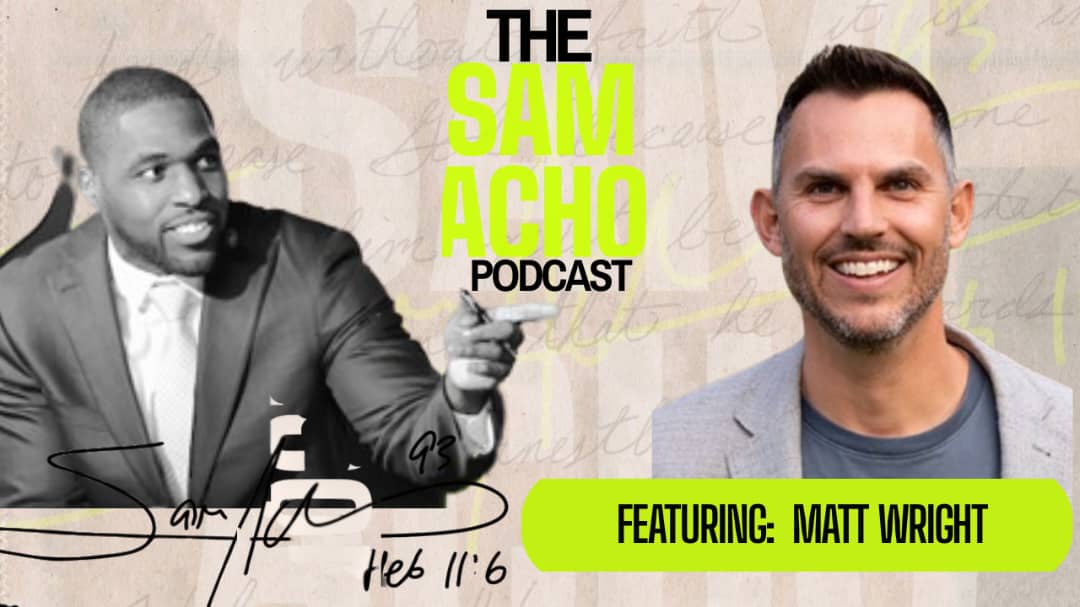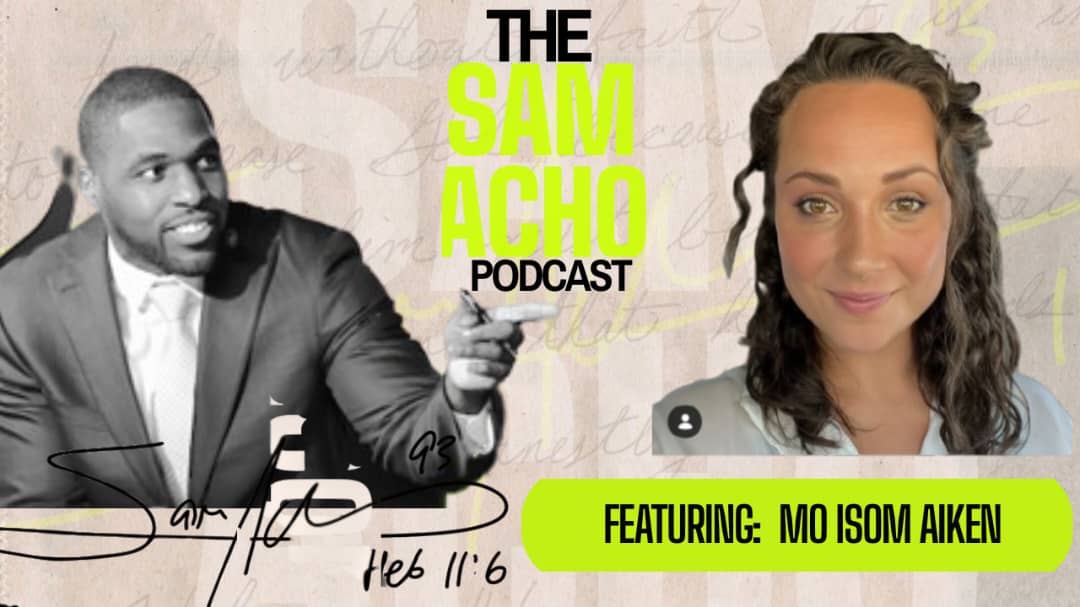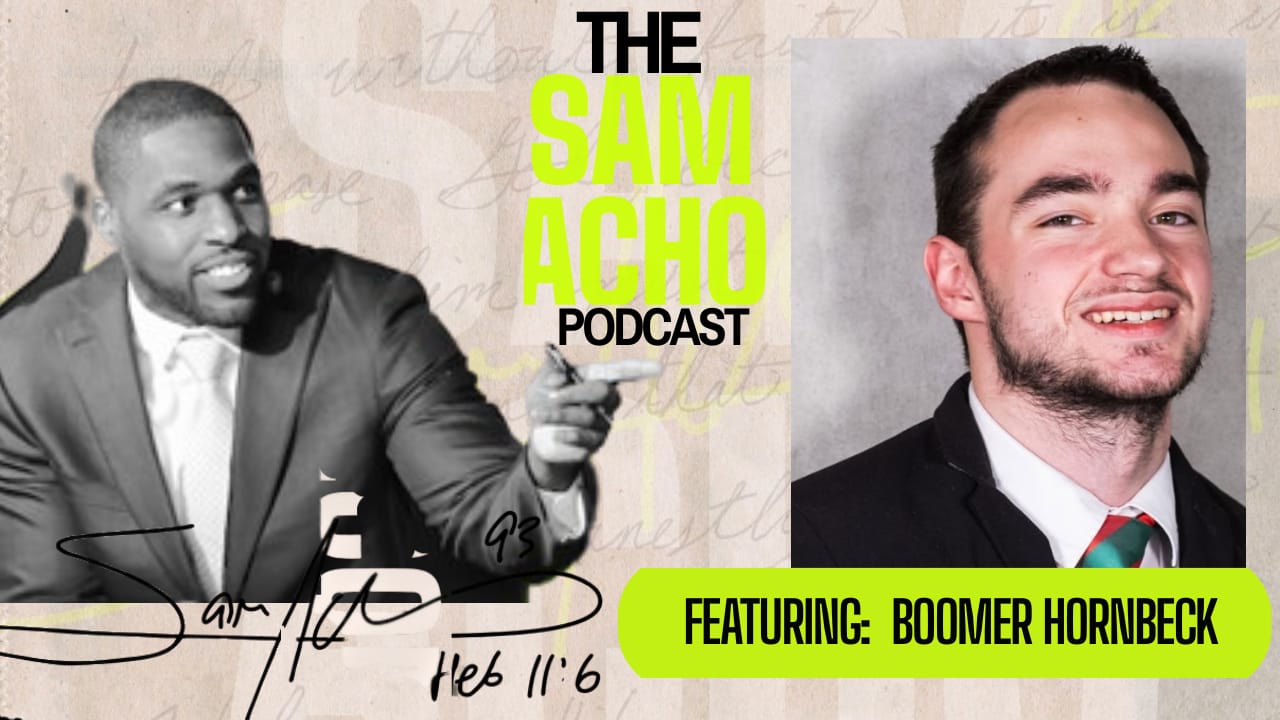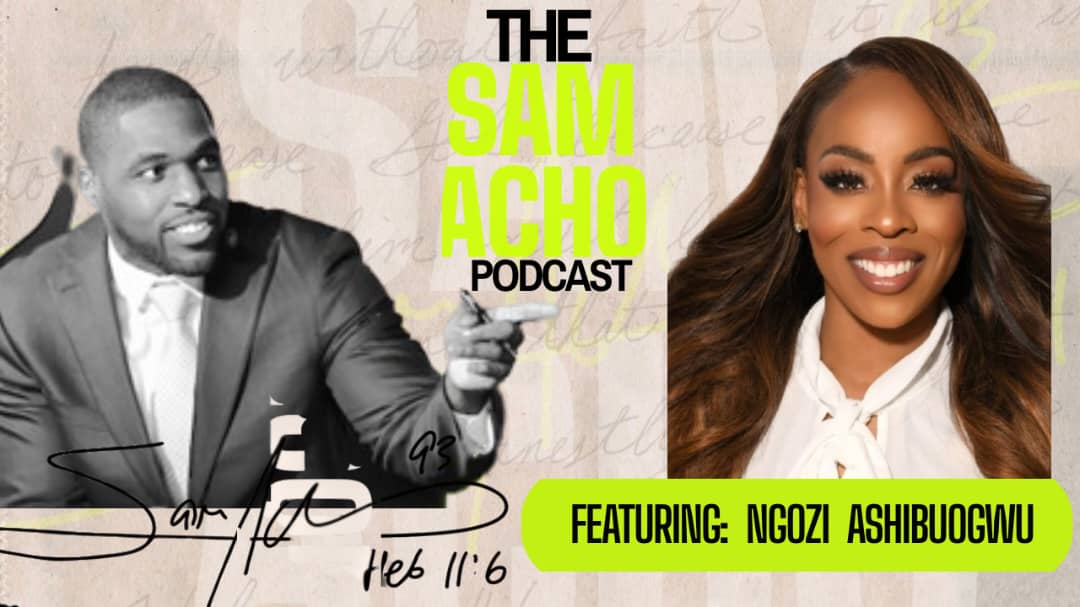Humility in the highlight reel with Jay Harris
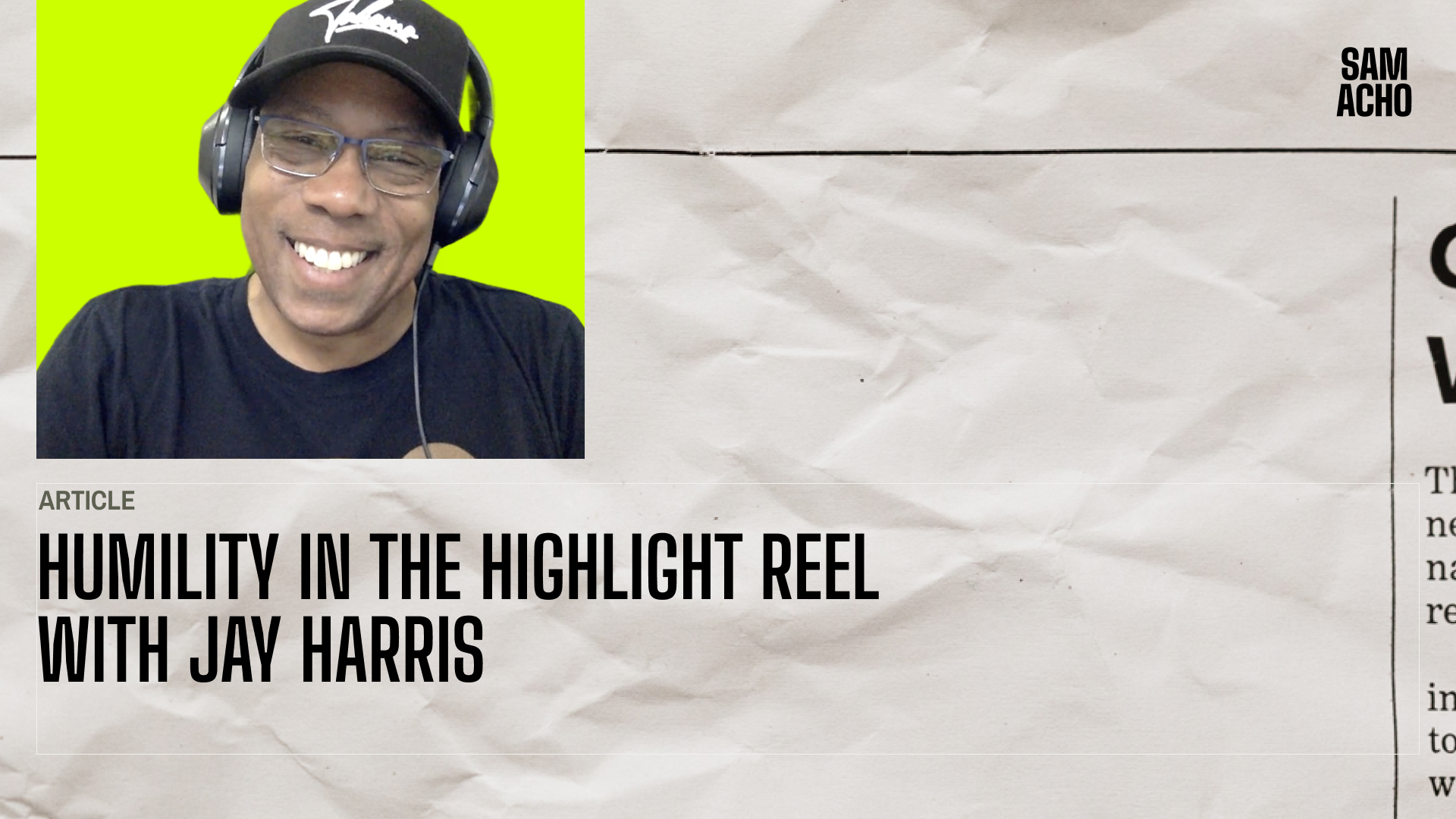
Recently we had the absolute privilege to sit down and have an honest and inspiring conversation with ESPN's Jay Harris. He shared his story with us from his early days as a journalist all the way to SportsCenter. There's also real-talk about family, work-life balance, facing and beating cancer and so much more. If you're looking to be encouraged and to learn from hard-earned wisdom, you can read Jay' story in this post.
Out of his own way and into the story
Jay Harris doesn’t chase the spotlight—he all but ducked it. When people run through his professional accolades on TV, Jay shuts it down with a grin. “Stuff I did means nothing. It matters not.” His voice lands humble, not self-deprecating—a reminder that biography isn’t what matters if you aren’t learning from the journey.
Jay didn’t dream of becoming a household name at ESPN. He started out just wanting to tell stories, not “do news or sports,” but to share what happens in the world around him. His first big journalism gig happened because he was in the right place, working in radio and filing stories on the Greekfest riots. Sheridan Broadcasting noticed his work, offering him a full-time job. It was always mentors opening doors, not Jay muscling his way through them.
Fast forward: Jay makes the cautious jump from radio to TV, but never aims for ESPN. He sends a demo reel to his old boss, Fred Brown, hoping for advice—not a job. Fred forwards it to the ESPN team. Jay finds himself being courted by the biggest sports network without having asked for it. “I don’t even do sports,” Jay told Fred. “I’ve been doing news for the past 12 years.” Still, ESPN persisted, and even then, Jay hesitated. He turned them down twice, loyal to his field and resistant to uprooting his family. Only after his wife drew a line down a legal pad and stacked up the pros and cons—reminding him of health benefits, Disney perks, and a chance to build something better—did Jay finally say yes. “If I left it to myself, I’d have probably messed it up again,” he admits. “I just needed to get out of my own way.” Jay’s humility and willingness to listen to counsel mark every big personal turn.
Not giving adversity “that much air”—faith, family, and blunt honesty
Jay doesn’t romanticize adversity, not even when it’s life and death. When he got his prostate cancer diagnosis, he kept perspective. “I don’t like giving cancer that much air or credit or whatever. Cancer can kiss my you know what. Cancer sucks.” Years of watching his father battle cancer kept Jay vigilant with his own health. He kept tabs on PSA numbers, listened to his doctor, and leaned into support from family and specialists at every fork in the road.
The day the PET scan showed cancer hadn’t spread, Jay’s family, he says, “really kind of exhaled.” Recovery was a team effort—family by his side, wisdom from his physician, faith guiding each step. “My grandparents were praying people… some things you just have to do right, you rely on whatever faith you have, your family, yourself.” For Jay, faith isn’t abstract—it’s practical, generational. He shares that if he didn’t rise to the moment, “my grandmother would come back from the grave and slap me. And I don’t want that. That woman got me with a switch one time in the front yard—my God, whoo.” Quoting Sinbad, he laughs about grandma’s “rubber arm” and the lessons that stick.
Jay shares his experience because community isn’t just a comfort, it’s a need. “You think you’re going through something by yourself, you’re never by yourself—no matter what it is.” He responds to every stranger who reaches out, knowing the power of stories honestly told.
The daily pursuit—choosing what matters and managing the juggle
If you ask Jay about adversity, he doesn’t only point to cancer. “Just waking up and realizing, the people in this house are on me. I gotta make it happen.” Pressure to provide, parent, push through—he calls it “life just be life sometimes.”
Early on, Jay worked multiple jobs—seven-day weeks in radio and TV. Everything changed when his son arrived. He dropped the radio side hustle, saying, “If a bill doesn’t get paid, it’ll get paid next month because hanging out with this newborn fella is worth more than anything right now.” These choices shaped his legacy more than any job offer did.
Jay insists that boundaries come with wisdom and practice. If you give work everything, “work will take it and wear you out. Work just keeps going.” His advice: “You have to tell work, I’m gonna chill out for the next forty-five minutes. Stand down. I’ll see you when I get back.” Not everything deserves urgency—life is a balance of glass balls and rubber balls. “Sometimes you drop things where someone else can pick them up; other things, like family, will shatter if you’re not careful.”
Mistakes aren’t hidden; they’re explained. “The playback machine died. If the playback machine dies, you can’t play anything back. So I think we got it fixed now. Enjoy the rest of SportsCenter.” Jay’s honesty wins audience trust. He’d rather be transparent than perfect.
More than highlights—trust, humility, and open tables
Jay measures winning by trust—not spotlight, not trophies. At Thanksgiving, Sam Acho was at his table—not for show, but for real connection. Jay jokes, “I cooked nothing. I paid for what we bought. That’s what I did.” His hospitality isn’t performance, but real presence and welcome.
When Sam reflects on Jay’s example, it’s the ordinary choices that matter: prioritizing home over hustle, making space for gratitude, keeping faith and family close even as the world pulls for more. Jay’s career wisdom is simple: arrive every day, try to be better, acknowledge the mess, and lean into community. If you’re struggling to choose what to juggle, Jay’s story reminds us we all have glass and rubber balls in our hands. Everyone is invited to the table—to learn, mess up, and go again tomorrow.
Listen, Learn, explore
Join Sam’s Journey Today.
Stay up to date with what sam acho is getting up to, his thoughts, new projects, and words of wisdom.


.png)
